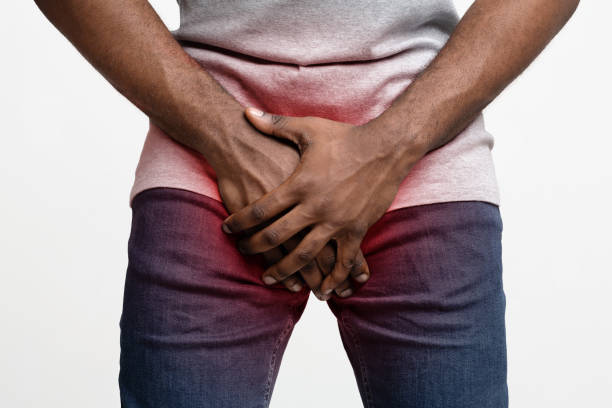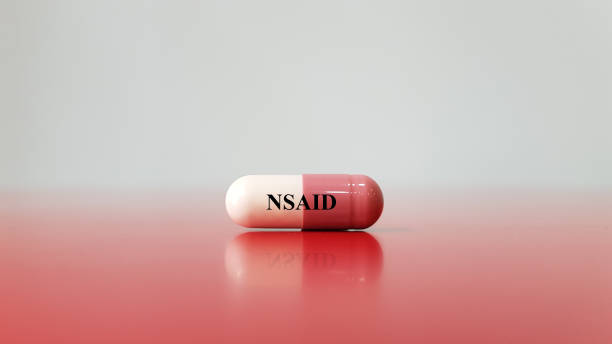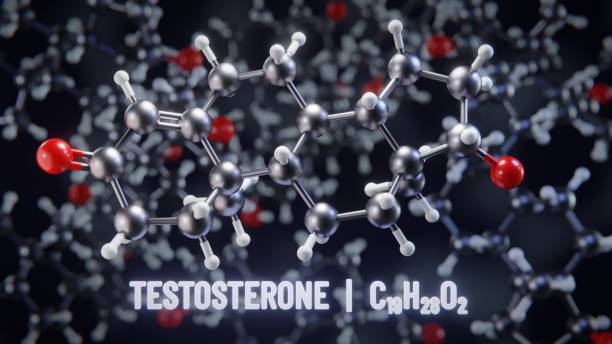Health, Men’s Health
Does Inflammation Reduce Testosterone
Inflammation is the immune system’s natural response to protect the body from injury and infection. When inflammation becomes chronic, it can have a negative impact on several facets of health, including testosterone production. Testosterone, also known as the “male hormone,” is necessary for both men and women, as it aids in muscular growth, bone density, mood regulation, and sexual function.
Factors That Can Cause Inflammation
Inflammation in the body can be caused by a variety of circumstances. Chronic stress, which is on the rise in today’s fast-paced society, causes the release of stress hormones, which can contribute to inflammation. Inflammation can also be caused by a bad diet consisting in processed foods, sweets, and harmful fats. Chronic inflammation is further exacerbated by a lack of exercise and sedentary lifestyles. In addition, certain medical problems, such as obesity, diabetes, and autoimmune illnesses, can cause systemic inflammation.

How Inflammation Affects Testosterone Production
Inflammation can upset the delicate endocrine system balance, interfering with testosterone production. When the body is in an inflammatory condition, it creates more of particular molecules known as cytokines. These cytokines have the ability to suppress testosterone synthesis in the testes. Furthermore, persistent inflammation can lead to insulin resistance, which lowers testosterone levels even further.
Inflammation’s effect on testosterone levels might show as a variety of symptoms. A decrease in libido, erectile dysfunction, muscle weakness, and weariness may occur in men. Women may also experience a decrease in sex drive, abnormal menstrual cycles, and mood problems. To maintain normal testosterone levels and overall well-being, inflammation must be addressed.
Research and Studies on Inflammation and Testosterone
Several research have been conducted to investigate the association between inflammation and testosterone levels. According to one study published in the Journal of Clinical Endocrinology and Metabolism, males with greater levels of inflammatory indicators had lower testosterone levels. Another study on women with polycystic ovary syndrome (PCOS), a disorder associated with inflammation and hormonal abnormalities, discovered that inflammation had a detrimental effect on testosterone levels.
These studies emphasize the significance of inflammation management in optimizing testosterone production. Individuals can potentially enhance their hormonal balance and ease symptoms linked with low testosterone by addressing the underlying causes of inflammation.
Natural Ways to Reduce Inflammation
Fortunately, there are some natural techniques for reducing inflammation and encouraging healthy testosterone levels. Dietary adjustments are one of the most effective methods. Inflammation can be reduced by eating an anti-inflammatory diet rich in fruits, vegetables, whole grains, and healthy fats. Anti-inflammatory foods including fatty fish, turmeric, ginger, and green leafy vegetables can help boost testosterone production.
Regular exercise is another effective anti-inflammatory strategy. Engaging in both cardiovascular and strength training routines can help reduce inflammation and increase testosterone levels. Exercise also helps with weight management, which is important because excess body fat can cause inflammation and hormone imbalances.

Diet and Lifestyle Changes to Reduce Inflammation and Boost Testosterone
In addition to dietary and exercise changes, certain lifestyle adjustments can help reduce inflammation and increase testosterone production. Stress management techniques including meditation, yoga, and deep breathing exercises can help control stress hormones and reduce inflammation. Getting enough sleep is also important, since lack of sleep has been related to increased inflammation and lower testosterone levels.
Avoiding environmental pollutants and limiting your exposure to chemicals found in household items, plastics, and pesticides can also aid in the reduction of inflammation. Choosing natural, organic alternatives can help to reduce the body’s toxic load and promote hormonal health.
Supplements and Herbs That Can Reduce Inflammation and Increase Testosterone
Certain vitamins and herbs, when combined with lifestyle changes, can help reduce inflammation and enhance testosterone levels. Omega-3 fatty acids, which can be found in fish oil or flaxseed oil supplements, have anti-inflammatory qualities and can aid testosterone synthesis. Herbs including ashwagandha, ginger, and turmeric have also been used for centuries to reduce inflammation and improve hormonal balance.
However, before beginning any new supplements or herbs, it is critical to contact with a healthcare practitioner because they may interfere with prescriptions or be contraindicated for specific medical problems.

Medical Treatments for Inflammation and Low Testosterone
Medical therapies may be required in some circumstances to reduce inflammation and restore testosterone levels. Nonsteroidal anti-inflammatory medicines (NSAIDs) can help reduce inflammation, but due to potential adverse effects, they should only be used under medical supervision. Corticosteroids may be administered in cases of severe chronic inflammation, but they should be taken with caution and for a limited time.
Hormone replacement treatment (HRT) may be considered if low testosterone levels continue despite lifestyle changes and natural remedies. To restore hormonal balance, HRT entails the administration of testosterone. However, only qualified healthcare professionals should prescribe and manage HRT.
Conclusion: The Importance of Managing Inflammation for Optimal Testosterone Levels
When we consider the complex interaction between inflammation and testosterone, it is evident that our lifestyle choices play a critical part in maintaining hormonal equilibrium. The realization that inflammation is more than simply a symptom but also a contributor to a variety of health problems allows us to take control.
When lifestyle changes are insufficient, medication treatments such as NSAIDs, corticosteroids, or hormone replacement therapy may be required. These, however, should only be used under physician supervision.
Remember that regulating inflammation is important not only for testosterone levels, but also for overall health and well-being. You can safeguard your hormonal health and live a vibrant, balanced life by taking proactive efforts to prevent inflammation.


